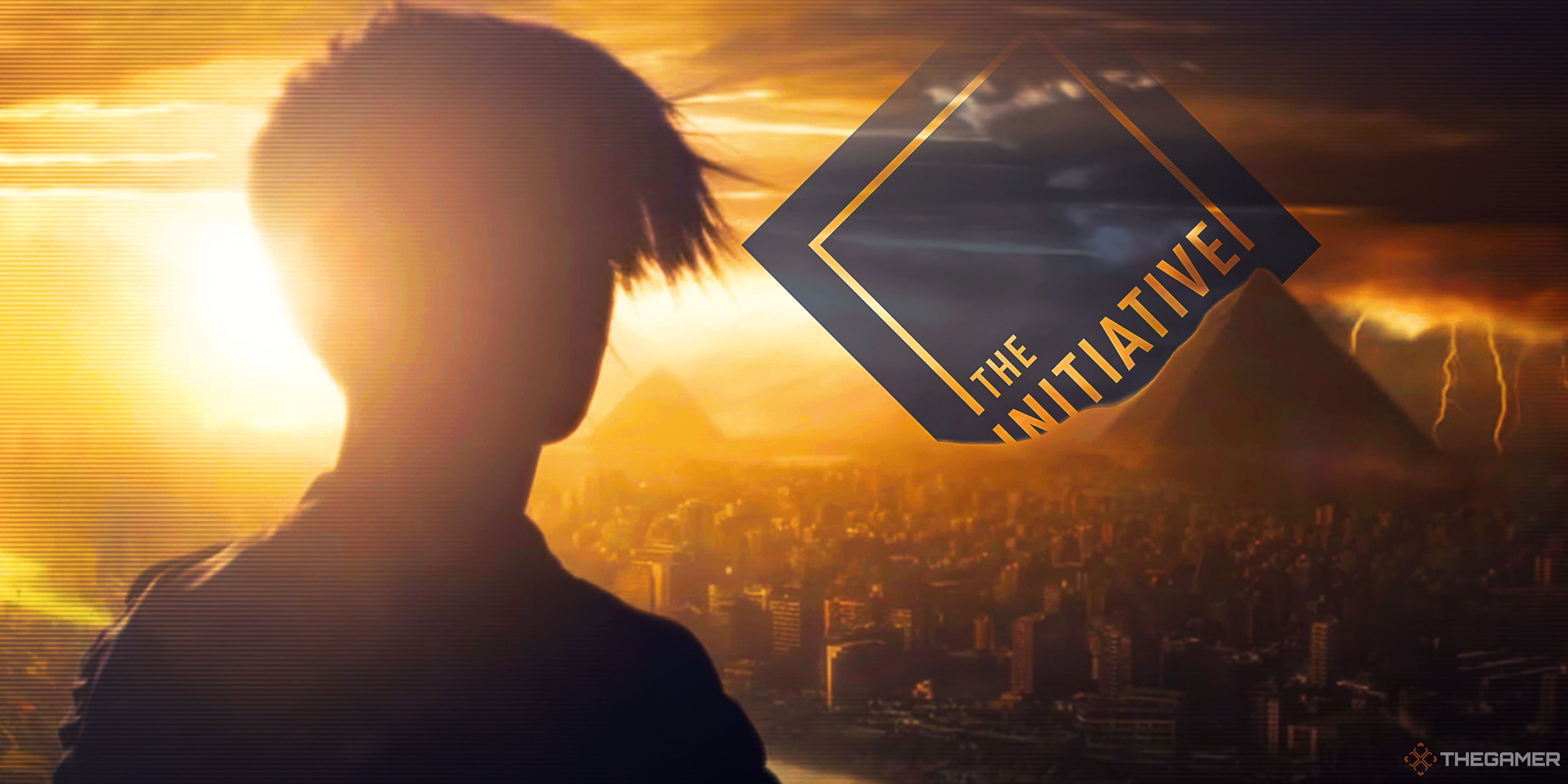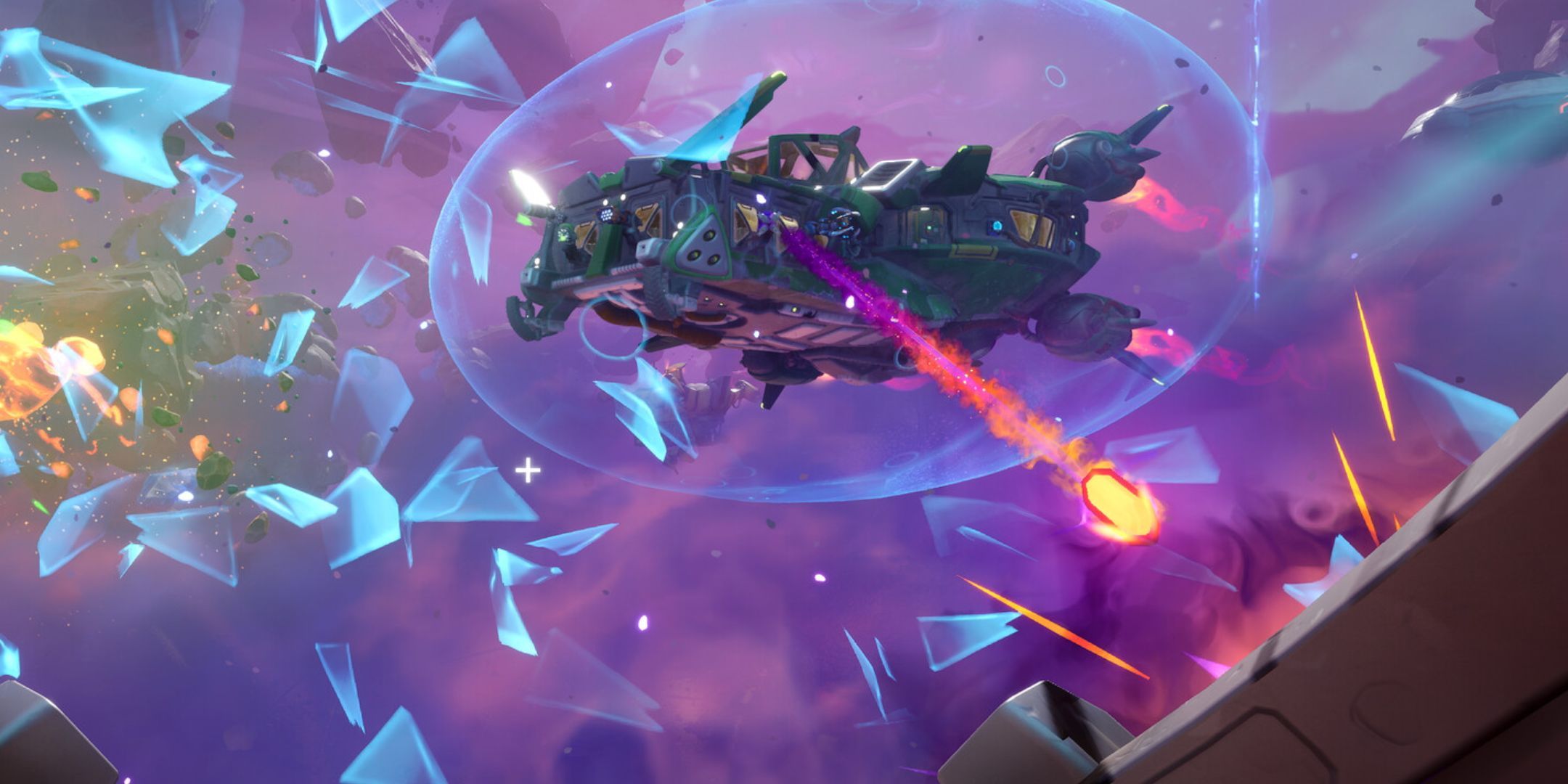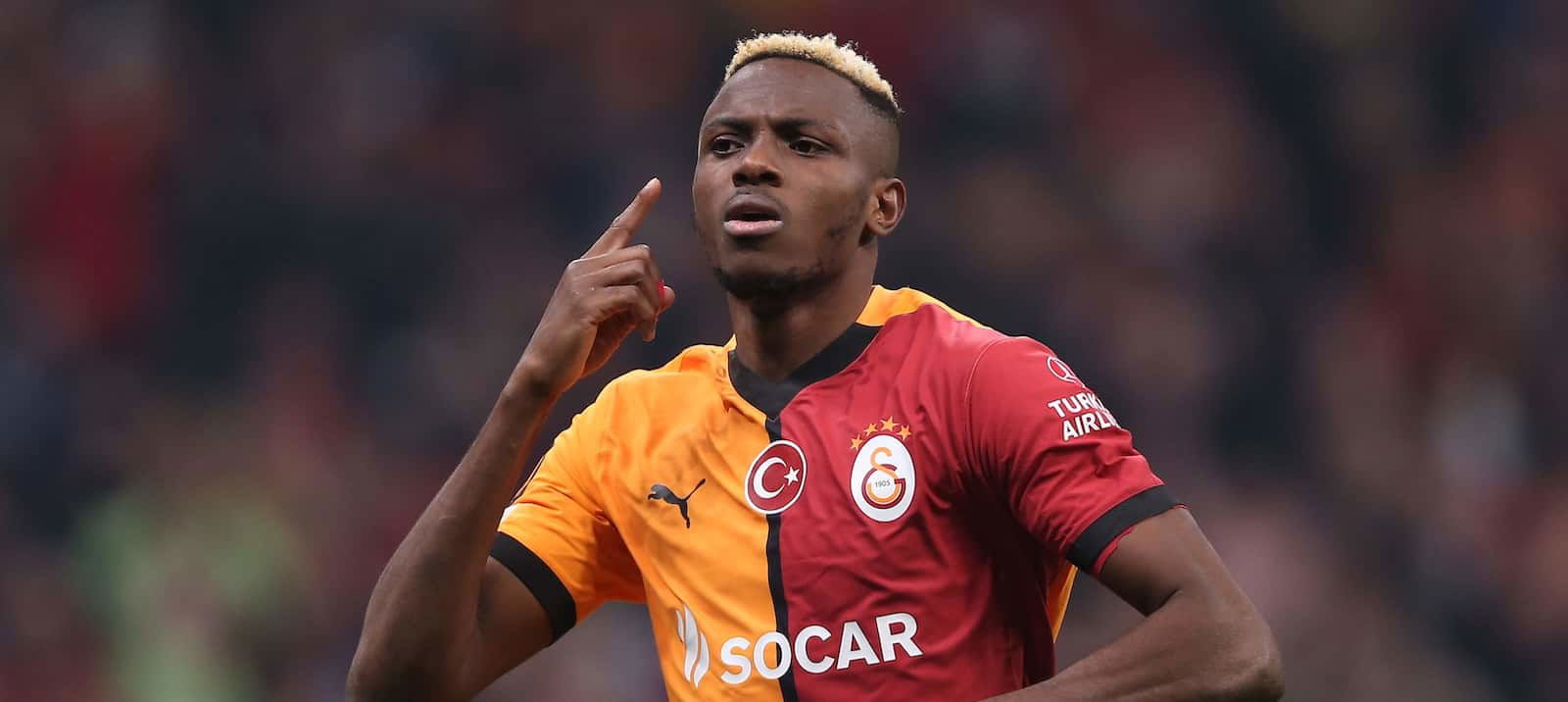Earlier this week, Rare was reportedly hit with layoffs and its long-gestating action-adventure game, Everwild, was canceled. These cuts were one small part of a horrible day at Microsoft that saw more than 9000 employees lose their jobs as high-profile projects like Perfect Dark were shut down.
I was stoked to play Perfect Dark, so I was deeply disappointed to see it axed as its developer, The Initiative, was shuttered without ever releasing a single game. Everwild is a different case. We knew very little about it, except that it seemed to be troubled waters. The game had been in development for 11 years, and rebooted at least once. There's a possibility that whatever ended up coming out wouldn't have had a prayer of recouping the costs incurred during that kind of long-term development. And, like Ubisoft's recent development hell escapee Skull and Bones, it could have been bad, reflected poorly on Rare, and reflected poorly on Xbox.
So, I'm less frustrated that Everwild was canceled and more frustrated that Xbox is in position to make these kinds of decisions for this much of the industry. Especially a company with as long and storied a history as Rare.
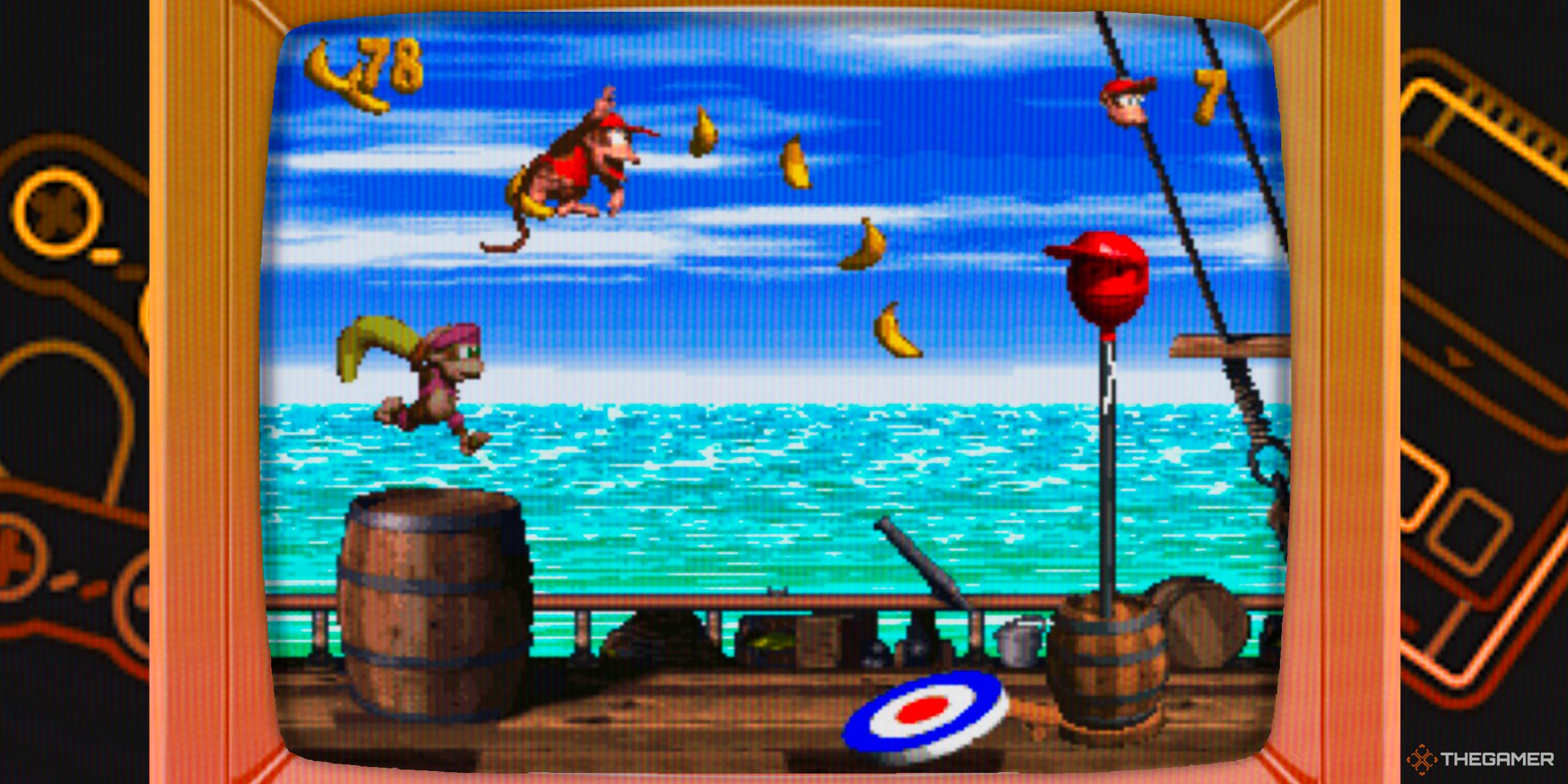
Rare is one of the most important video game developers in the history of the medium. It gave us Battletoads and Donkey Kong Country. It popularized the console FPS with GoldenEye 007, then came back for more with Perfect Dark. It developed some of the most iconic 3D platformers of the N64 era with Banjo-Kazooie and Conker's Bad Fur Day. And, most relevant to the studio's standing today, it currently runs one of the most popular live-service games in the world, Sea of Thieves. As of April 2024, the multiplayer pirate game had been played by 40 million people.
Rare was one of Xbox's earliest acquisitions, dating back to 2002. But the company is falling prey to the same butchery that has befallen much younger studios, and studios brought under the Microsoft umbrella much more recently. Xbox was on an acquisition spree in the late 2010s and early 2020s, a time period during which it purchased inXile, Compulsion, Obsidian, Ninja Theory (2018), Double Fine (2019), Bethesda (2021), Activision Blizzard (2023), and others.
During that same window, Xbox was trumpeting the glory of Game Pass, its subscription service that allows members to play every new first-party release (and many other great games) on Day One. So, while many observers highlighted the danger of so many studios being under one roof, the worry was accompanied by the refrain that Game Pass' offerings just got better with every new acquisition. And, yeah, that's true. Thanks to Game Pass, you can play all the Halo, Fallout, Elder Scrolls, Diablo, and Wasteland games in one place, plus a bunch of Call of Dutys, Spyros, and Crash Bandicoots. Corporate consolidation is bad, but it also consolidated the shotgun blast of game purchases consumers were making into one low monthly payment.
And that was good… for a while. But, increasingly, it seems like Xbox's embrace of subscription services has permanently cost them any chance of competing with PlayStation and Nintendo. More importantly for the people that work there, it has led to a situation where companies that once would have evaluated the effectiveness of their workforce on an individual basis are all under one umbrella.
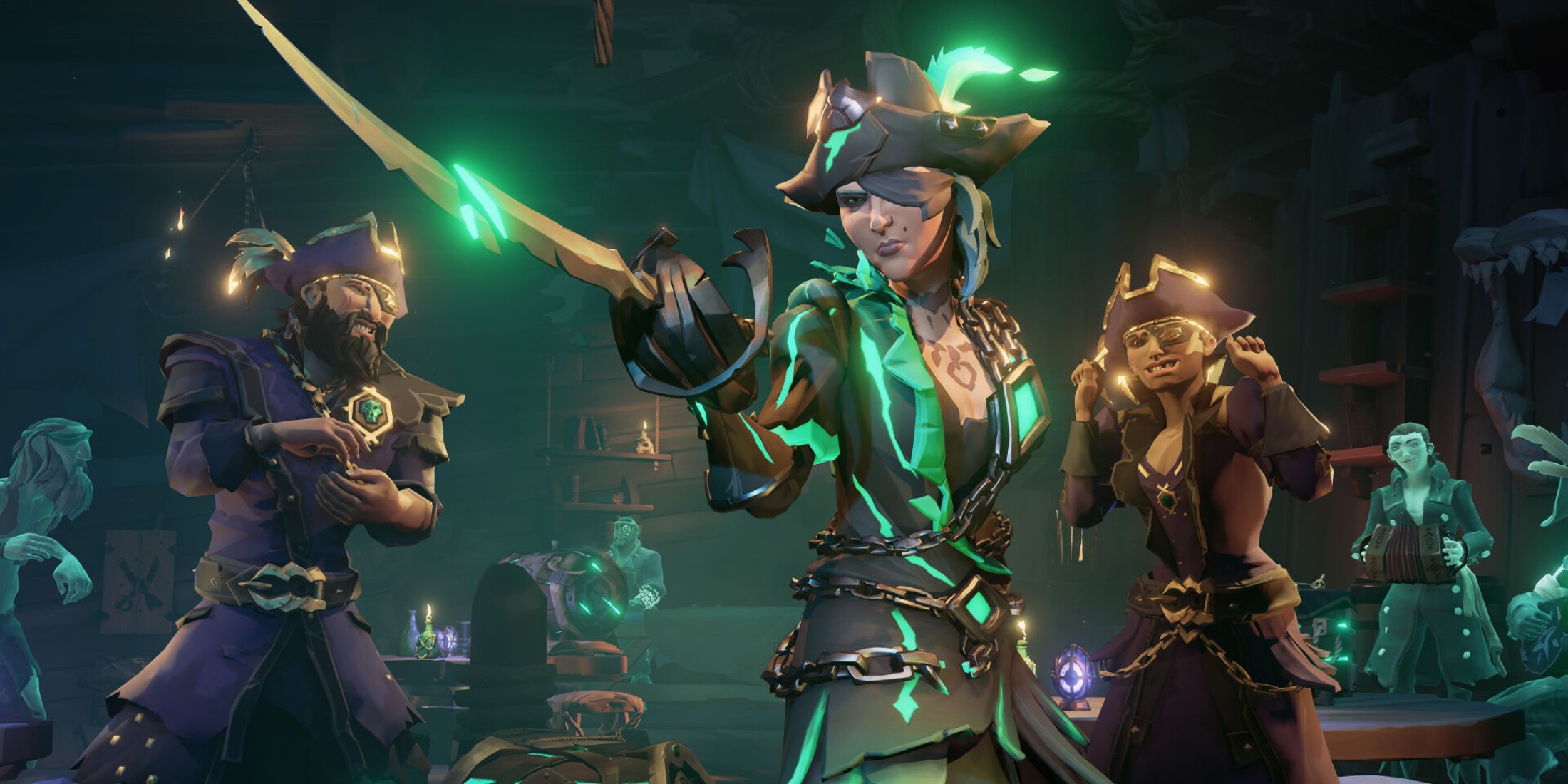
So if Xbox decides that King, Zenimax, and Rare need to get leaner and meaner (or, in The Initiative's case, cease to exist), by God, that's what will happen. Where once Activision Blizzard and Bethesda were their own independent corporations that could make these decisions for themselves, they now are subject to the whims of Microsoft corporate strategy.
The result is that Rare, which has made great games for 40 years, is getting top-down cuts. The leadership at individual companies is much more likely to know what's best for their employees than Phil Spencer or his bosses at Microsoft. And yet, Xbox's buying spree has ensured that those companies don't get to make that call.
